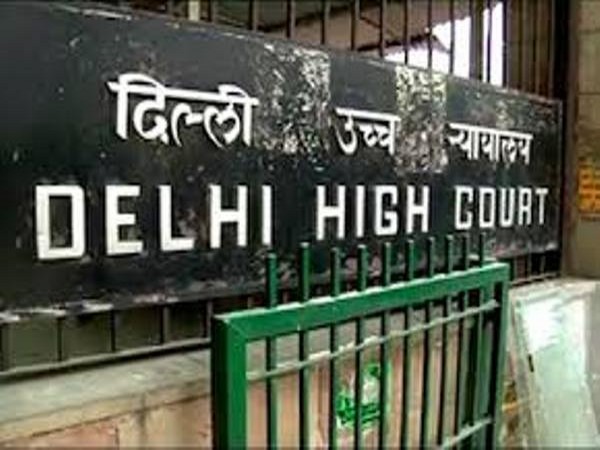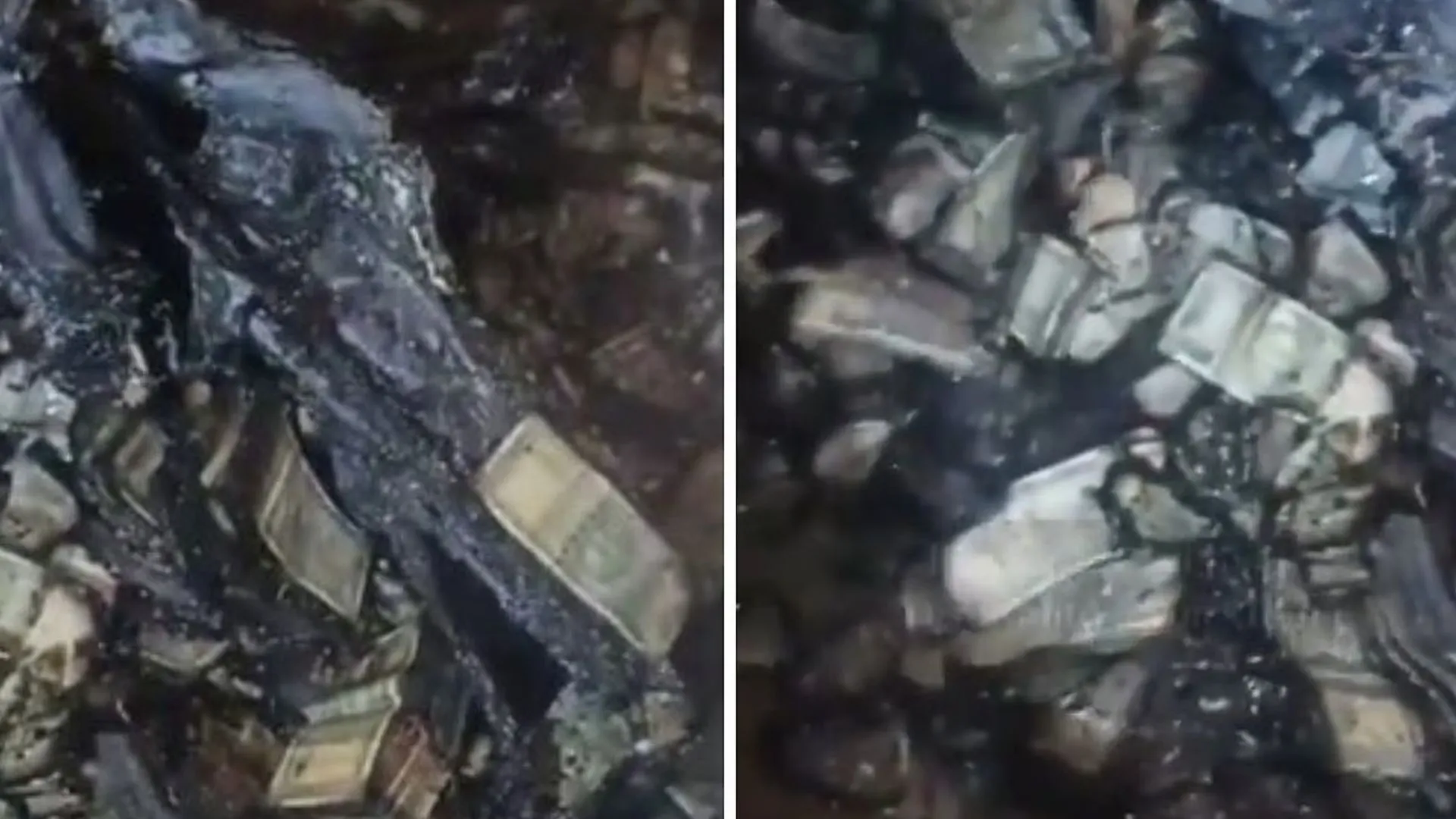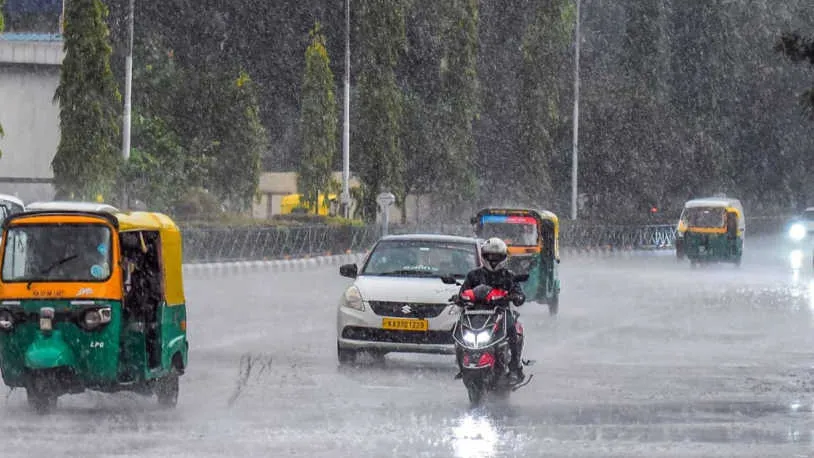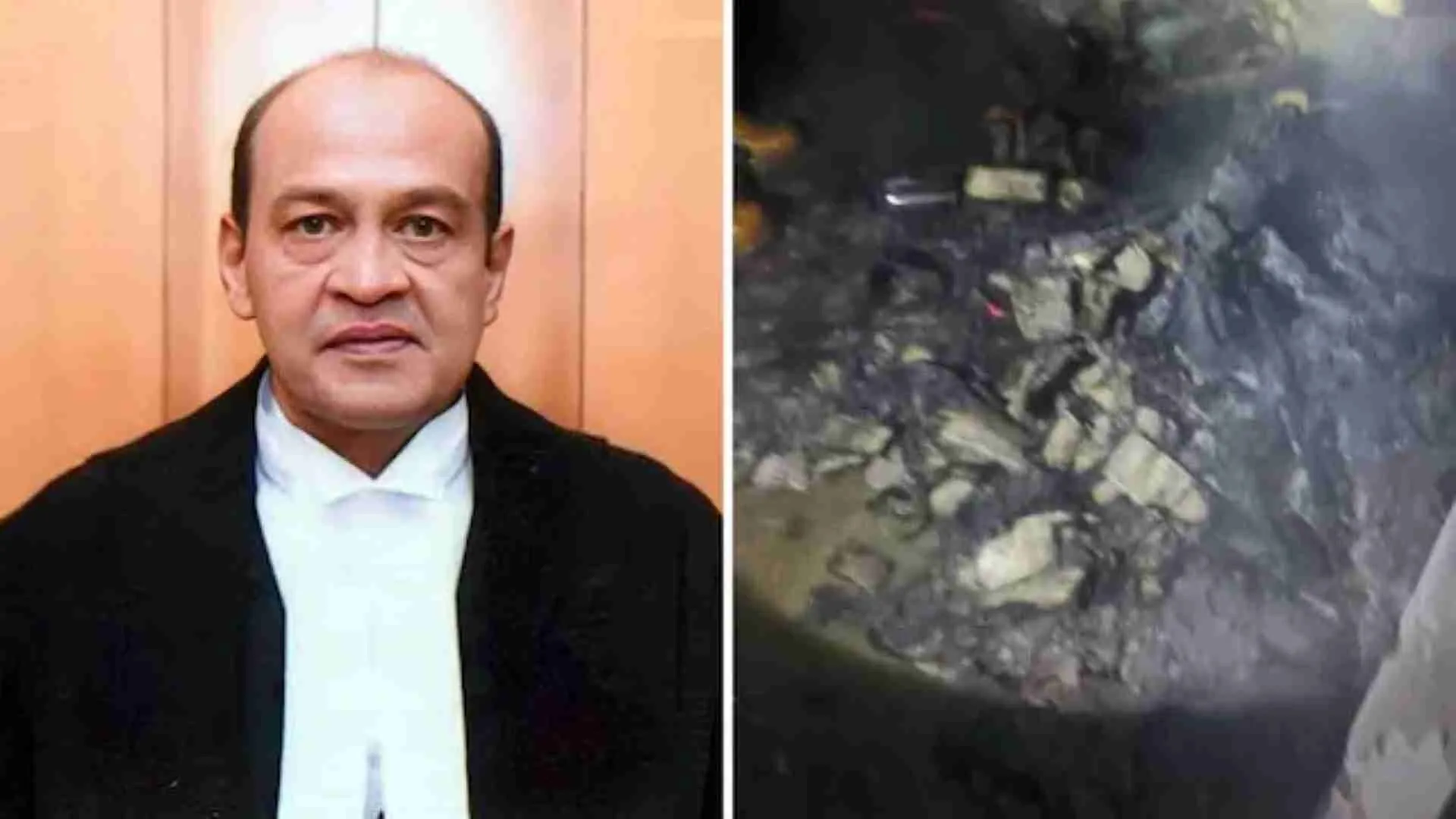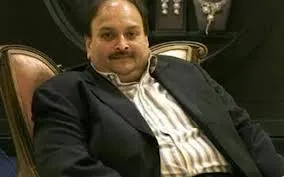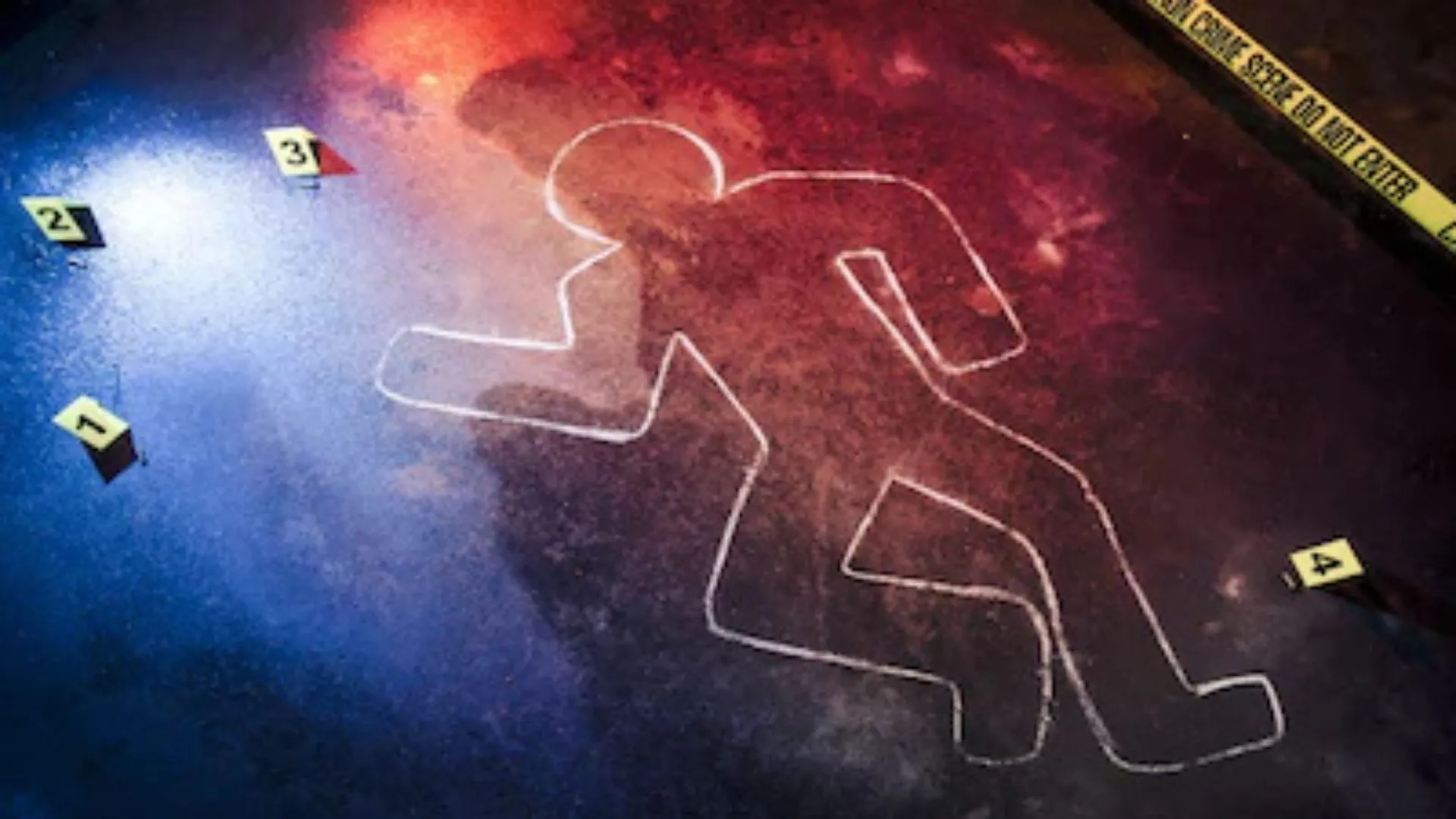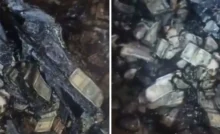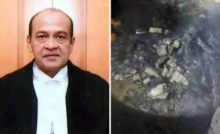The Delhi High Court on Monday sought the stand of the city police regarding student activist Sharjeel Imam’s plea for bail in connection with a 2020 communal riots case, involving allegations of sedition and unlawful activities.
A bench comprising Justices Suresh Kumar Kait and Manoj Jain issued a notice to the Delhi Police regarding Imam’s appeal against a trial court’s decision to reject his bail application.
Counsel representing the accused argued that the trial court unjustly denied him bail, despite having served more than half of the maximum sentence that could be imposed upon conviction.
According to the prosecution, Imam delivered speeches at Jamia Millia Islamia on December 13, 2019, and at the Aligarh Muslim University on December 16, 2019, where he allegedly threatened to seize Assam and the rest of the northeast from the country.
Imam was implicated in the case filed by the Delhi Police’s Special Branch. Initially registered for sedition, section 13 of the Unlawful Activities (Prevention) Act was later invoked. He has been in custody since January 28, 2020.
Imam argued before the trial court that he had been in custody for four years, and if convicted under UAPA section 13, the maximum sentence is seven years.
Under section 436-A CrPC, an individual may be released from custody if they have served more than half of the maximum sentence prescribed for the offence.
The trial court, in its decision on February 17, refused to grant bail to Imam, stating that his custody could be extended for a further period under “exceptional circumstances” after considering the prosecution’s arguments.
In 2022, the trial court framed charges against Imam under sections 124A (sedition), 153A (promoting enmity), 153B (imputations prejudicial to national integration), and 505 (statements conducing to public mischief) of the IPC, along with section 13 (punishment for unlawful activities) of the UAPA.
The trial court noted that Imam’s speeches incited public disturbance and ultimately led to communal riots in various parts of Delhi.
Although Imam did not explicitly incite violence, the trial court observed that his speeches and actions mobilised the public, resulting in citywide disruptions and possibly contributing to the outbreak of riots.


